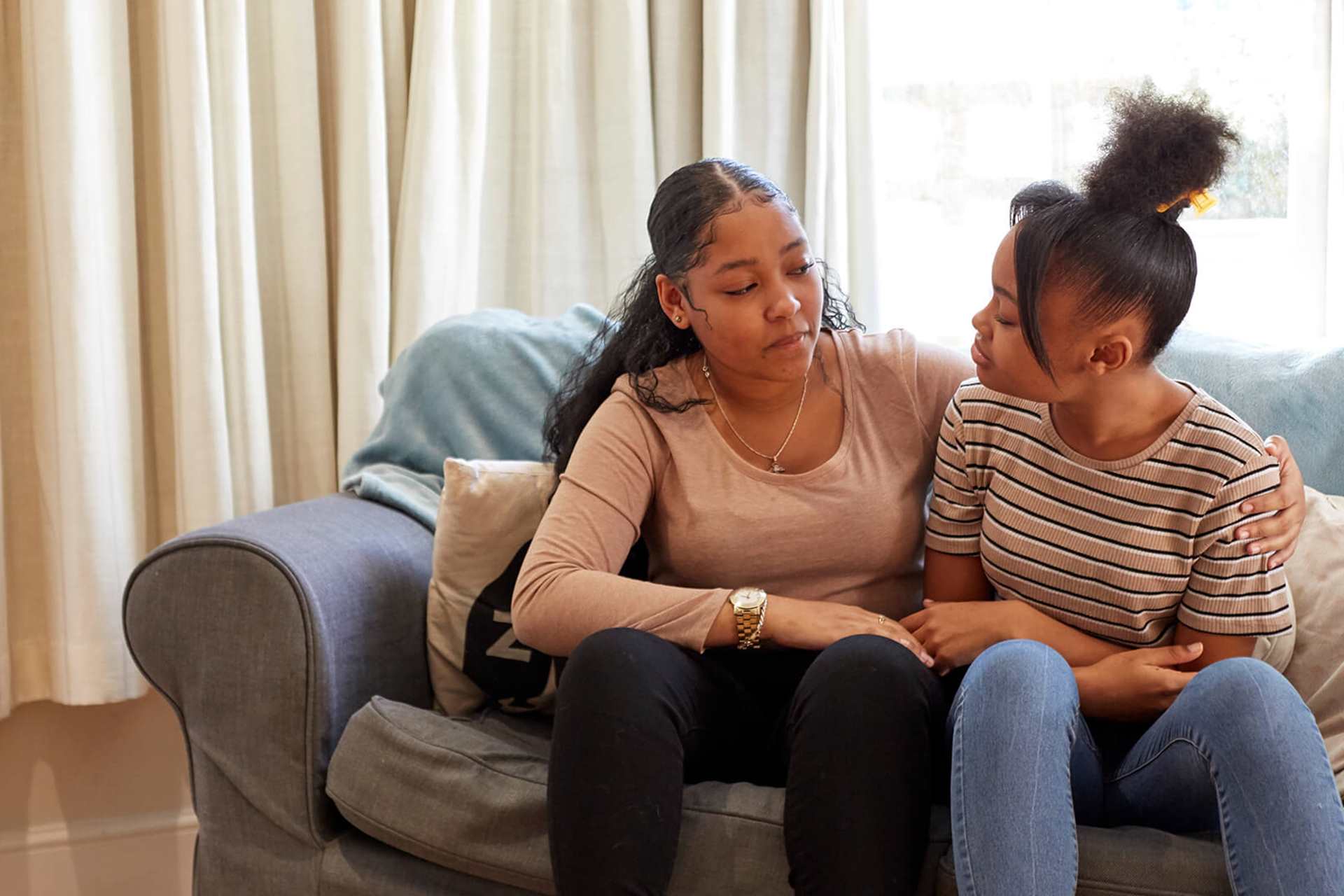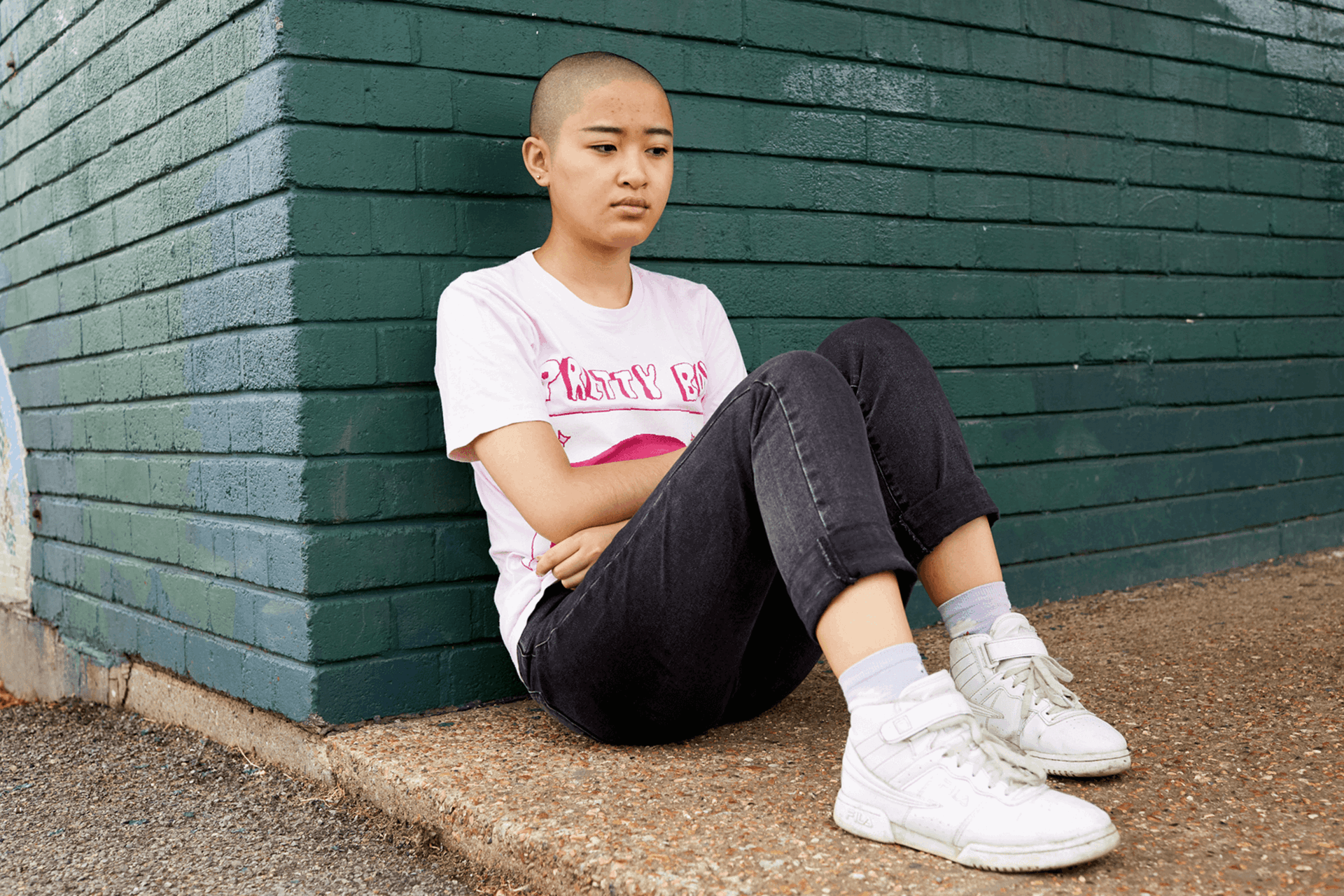Topics mentioned: depression, anxiety, medication
About: Clare shares how medication helped her when she was struggling with depression and anxiety.
Everybody responds to medication differently. This blog only represents the author's experience. For more information, have a look at our medication pages. For medical advice, always speak to your doctor.
The medication my doctor prescribed me has helped me to ease back into everyday life.
I ended a relationship with my long-term partner and, it seemed, overnight I began to fall apart. I had experienced symptoms like this before: being sick morning and night, shaking, insomnia.
It had happened during my first year of university. I put it down to issues I was dealing with at the time, which just so happened to be another break-up, but once these symptoms arose again, I realised they shouldn’t have.
I’d had a tough time growing up, because when I was 15 my father passed away just as I was due to take my GCSEs. My life had been constantly evolving since then. I took my exams and went straight to college for two years, and during this time my mother remarried and we moved house.
I took a gap year before university, and that was the first time it became apparent that I was struggling mentally. But before I knew it, I was embarking on my first year at university.
I ended a relationship with my long-term partner and - it seemed - overnight I began to fall apart.
Everything seemed to go by so fast. I graduated and took an office job back in my hometown. Then my foundations started to crack. My depression resembles symptoms of chronic fatigue syndrome or M.E. - most days I have little or no energy.
It was my employer who encouraged me to go to my doctor. They were incredibly supportive. My doctor diagnosed me with an anxiety disorder and severe depression, and I was put on medication for a minimum of six months.
I was given sertraline and diazepam to help control my depression and anxiety respectively, and after a few months I was given mirtazapine to take at night. The medication my doctor prescribed me has helped me to ease back into everyday life.
Although my progress has been slow, it’s been progress none the less.
As soon as I started taking sertraline, the side effects kicked in. I was dizzy, extremely tired and generally felt unwell. Sometimes I even felt like I was drunk.
After I began to get quite restless at night, the mirtazapine helped me sleep, although it left me with a feeling similar to a hangover when I woke up the next morning. Then throughout the day, if I needed to, I could take diazepam, which helped calm me down when I was feeling anxious.
Despite the side effects, nearly a year later I am still taking these medications. When I look back to my diagnosis, I can see that taking medication was the right option for me because of the progress I have made. Although my progress has been slow, it’s been progress none the less.
Questions about mental health medication?
If you would like to know more about the different types of mental health medication you could be prescribed, how they help and what the side effects could be, have a look at our guide to medications.
Where to get help
-
Childline
If you’re under 19 you can confidentially call, chat online or email about any problem big or small.
Sign up for a free Childline locker (real name or email address not needed) to use their free 1-2-1 counsellor chat and email support service.
Can provide a BSL interpreter if you are deaf or hearing-impaired.
Hosts online message boards where you can share your experiences, have fun and get support from other young people in similar situations.
- Opening times:
- 24/7
-
Shout
Text SHOUT to 85258.
Shout provides free, 24/7 text support for young people across the UK experiencing a mental health crisis.
All texts are answered by trained volunteers, with support from experienced clinical supervisors.
Texts are free from EE, O2, Vodafone, 3, Virgin Mobile, BT Mobile, GiffGaff, Tesco Mobile and Telecom Plus.
Texts can be anonymous, but if the volunteer believes you are at immediate risk of harm, they may share your details with people who can provide support.
- Opening times:
- 24/7






